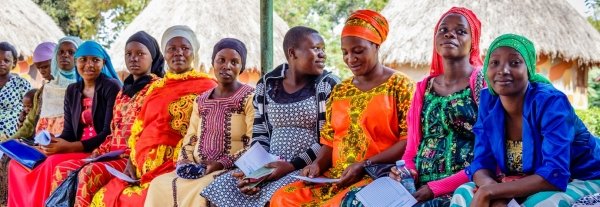MHI Update - December 2021

|
2021 has seen the continuation of the COVID-19 pandemic – a global crisis that continues to disproportionately impact women and girls beyond the direct effects of the virus. As we begin to enter pandemic recovery efforts and start returning to pre-pandemic work environments, it is critical to recognize the lasting impact that the pandemic has had and will continue to have over the coming years. This year, we at the Maternal Health Initiative (MHI) have worked to strengthen our focus on maternal and reproductive health, women’s paid and unpaid work, safety and security for the world’s women and girls, as well as gender equity and equality issues. In addition to our global dialogues, podcasts, and articles on the Dot-Mom column, we started a quarterly newsletter, published several policy briefs, and most recently, released a white paper on women’s work, health, and safety.
In 2022, we hope to see greater investments in gender equity in global pandemic recovery plans, with an emphasis on the health and well-being of pregnant and birthing people globally. Next year, MHI will continue our focus on perinatal mental health, maternal health in humanitarian settings, and the importance of recognizing women’s paid and unpaid work, health, and safety.
We hope you’ll join us in 2022 as we strive to achieve our Wilson Center mission to bring fresh thinking and deep expertise to the most pressing policy challenges we face today through a global dialogue of ideas that Congress, the U.S. administration, and the international policy community can act on.
We wish you all a safe, healthy, and Happy New Year!
|



